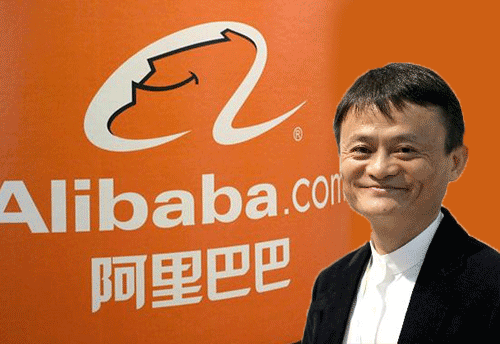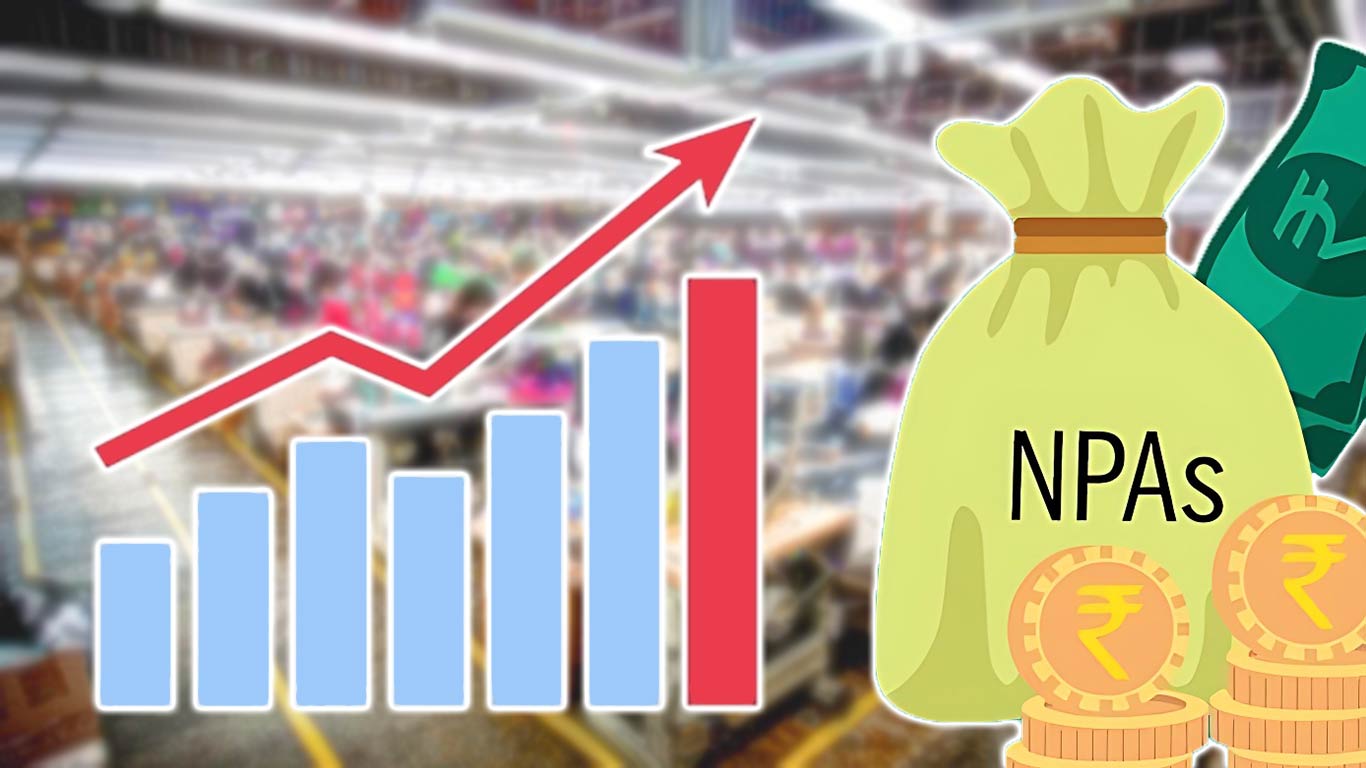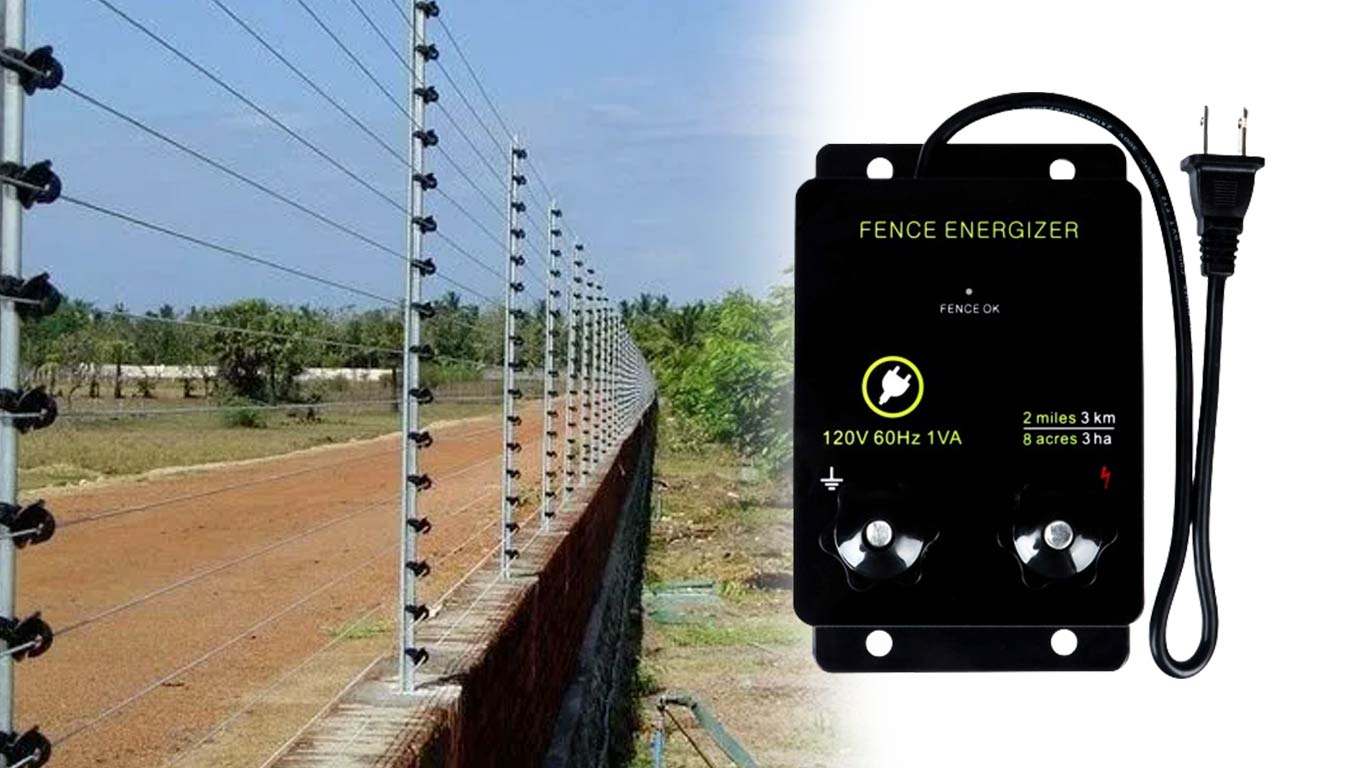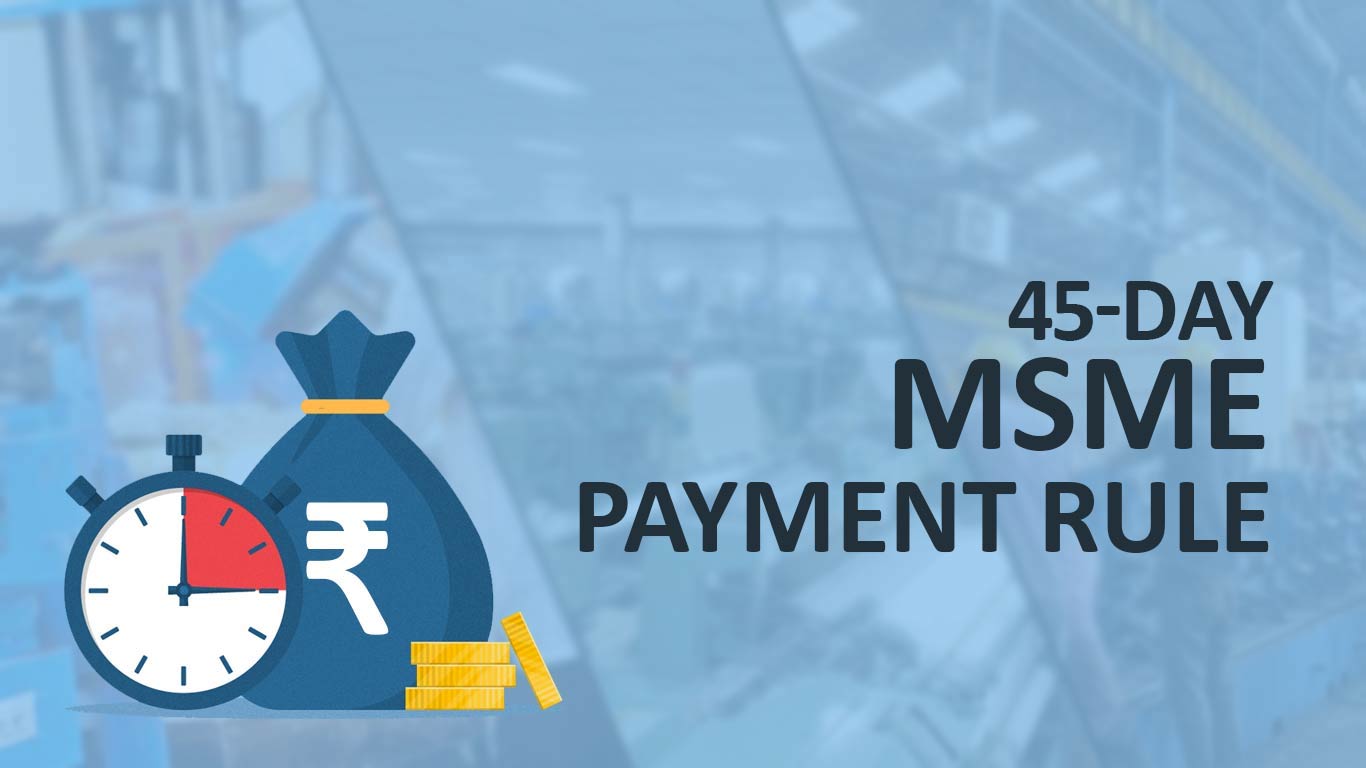Alibaba founder proposes Electronic World Trade Platform for SMEs at G-20
Updated: Sep 12, 2016 05:03:35am

Alibaba founder proposes Electronic World Trade Platform for SMEs at G-20
New Delhi, Sep 12 (KNN) Jack Ma, the legendary founder of Alibaba, one of world’s largest e-commerce companies, has proposed an Electronic World Trade Platform (EWTP) based on loose framework of agreements enabling ease of transaction for SMEs.
‘International trade partnerships are complex, usually governed by strict regulations and are typically agreed on in advance legal agreements making entry of SMEs difficult’.
The idea initially propounded by Jack Ma in March this year, found its way on the agenda at the 2016 G-20 summit recently held in Hangzhou, China, as part of the Strategy for Global Trade Growth.
The G20 summit communique aims ‘to foster favorable conditions for its development… enhanced digital inclusion and development of micro, small and medium-sized enterprises (MSMEs)’, the Annex-II specifically notes Electronic World Trade Platform (EWTP) under heading ‘Promoting E-commerce development’.
A research by Accenture and Alibaba Group states the value of cross-border B2C e-commerce is set to grow from US$230 billion in 2014 to US$994 billion in 2020, much of this driven by SMEs.
Alibaba’s vision is to create the EWTP as a platform to empower and enable small businesses, especially in developing countries by providing convenient access to the global market to buy and sell products and services internationally from their mobile phones.
“The idea is powerful and need for creating such a platform cannot be overemphasized, according to Anil Bhardwaj, Secretary General, Federation of Indian Micro and Small & Medium Enterprises (FISME).
‘Jack Ma has a remarkable knack of spotting opportunities and this one could be really of global scale’, Bhardwaj added.
The EWTP concept may require establishment of a new international trade code that balances the interests of multiple parties and a careful review of existing international regulations, trade agreements and rules for e-commerce.
With technological advancements and convergence of technologies in the field of communication with 3G/4G, payment systems and logistics, transacting business internationally through mobile is feasible if enabling systems are created.
Alibaba is trying to make a big way into Indian market in 2016 itself and has already made substantial investments in Indian startups like Paytm and Snapdeal. (KNN/ AB)











